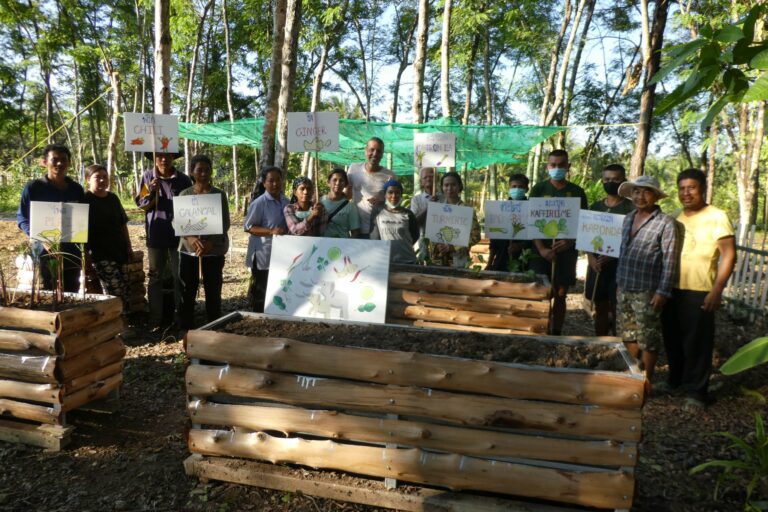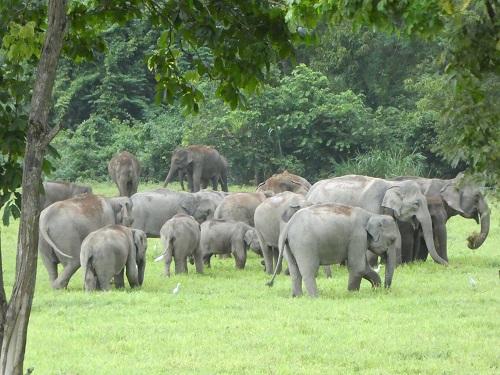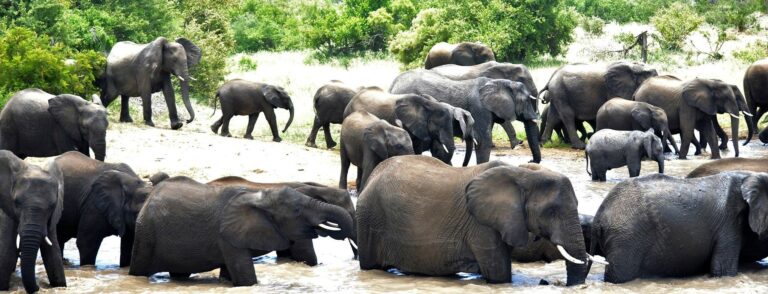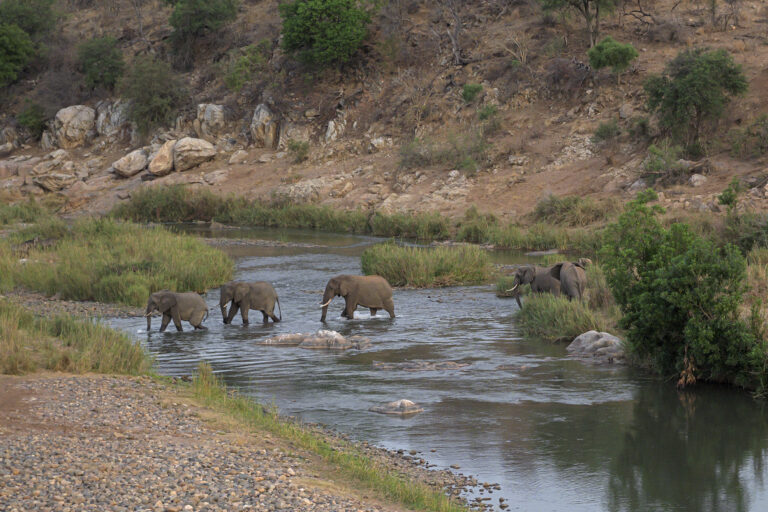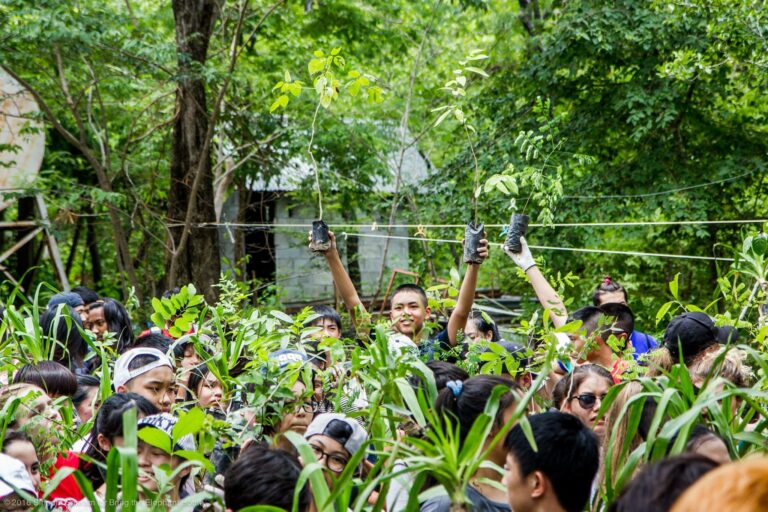Voor een toekomst voor olifanten
Olifanten worden met uitsterven bedreigd. Hun leefgebied verdwijnt in een alarmerend tempo, vooral door toedoen van mensen. Hierdoor worden olifanten gedwongen om buiten beschermde gebieden op zoek te gaan naar voedsel en water. Dit leidt steeds vaker tot conflicten tussen mens en olifant. Als de olifant verdwijnt, verliezen we niet alleen een prachtige diersoort, maar ook een onmisbare schakel in onze natuur en ecosystemen.
Alles op alles voor duurzame verandering!
Bring the Elephant Home zet alles op alles voor de overlevingskans van olifanten. Onze projecten in Afrika en Azië starten bij de lokale gemeenschap. We streven naar duurzaam positieve verandering, naar een wereld waar mens en olifant in harmonie naast elkaar kunnen leven. Sluit je aan bij de missie van Bring the Elephant Home!
Help je mee?
- Volg het laatste nieuws, volg onze projecten in Afrika en Azië en/of steun Bring the Elephant Home met een gift.
- Blijf op de hoogte via onze nieuwsbrief.
- Adopteer de Afrikaanse olifant en/of de Aziatische olifant en steun hiermee het onderzoek van Bring The Elephant Home in zuidelijk Afrika en Thailand.
Alvast veel dank voor je hulp! Bring The Elephant Home is een door het CBF erkend goed doel en is een ANBI (Algemeen Nut Beogende Instelling). Ook is BTEH lid van GlobeGuards. Informatie over het beleid van BTEH vind je hier.
Maak kennis met het team
Ons team is wereldwijd actief, specifiek in Thailand, Zuidelijk Afrika en Nederland. Maak kennis met het BTEH-team!
Our projects
Adopteer een olifant
Bescherm samen met BTEH een van de meest majestueuze wezens ter wereld: Adopteer (symbolisch) een Afrikaanse of Aziatische olifant!
Adopteer Afrikaanse olifanten Adopteer Aziatische olifanten Schenk Adoptie van Aziatische olifantenLatest news
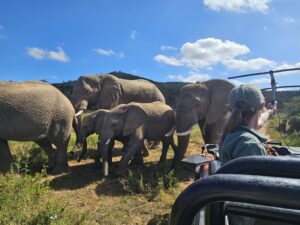
Oktober: Van veld tot vooruitgang, help je mee?
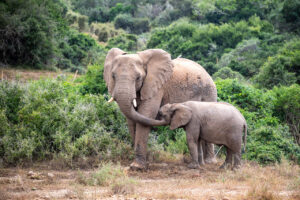
Vacature: Bestuurslid Communicatie & Werving


